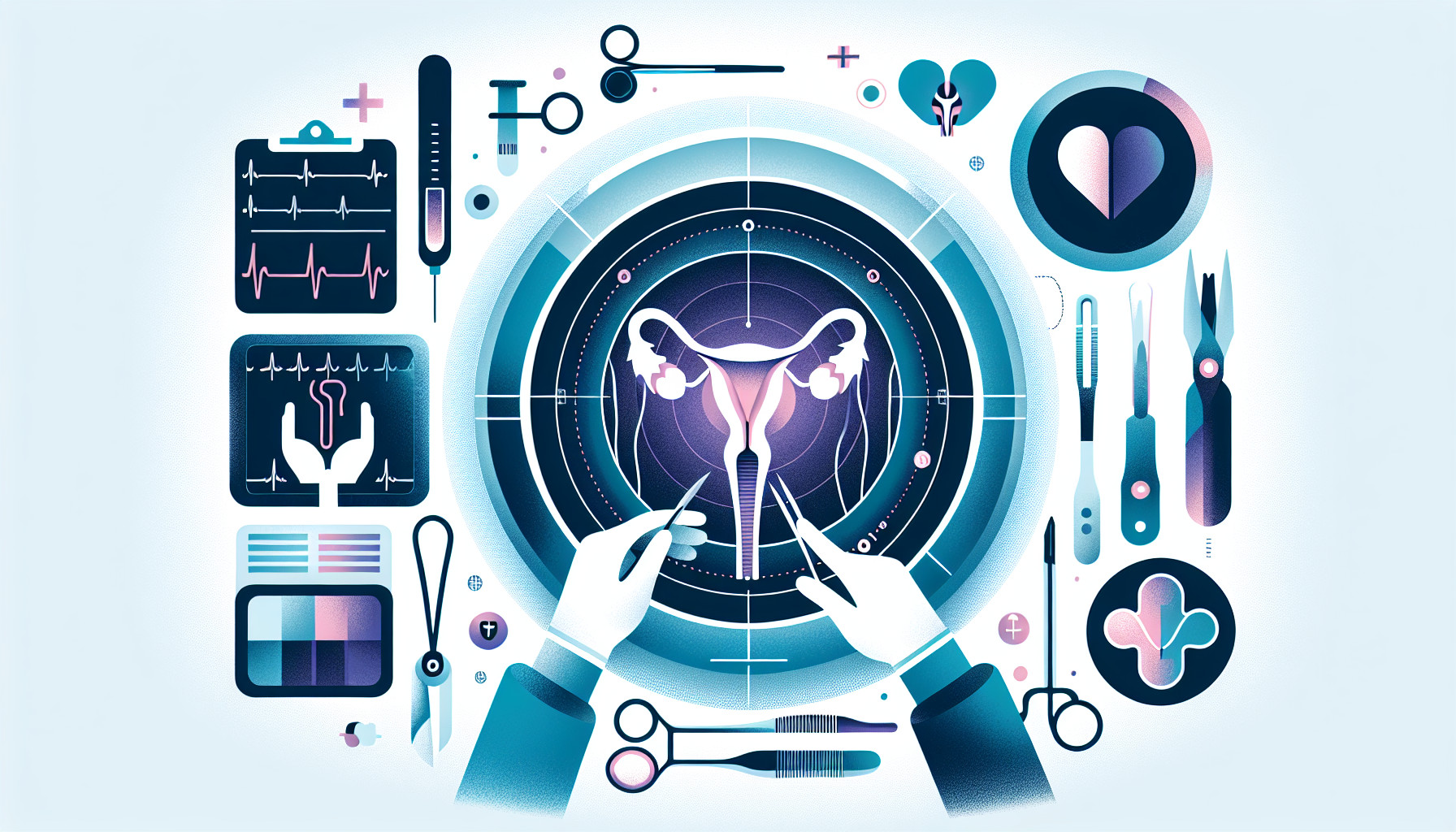Our Summary
This research paper discusses various conditions that can cause lumps or swelling in the scrotum or testes. Some of these conditions cause pain, like testicular torsion, which is a medical emergency that requires immediate surgery to save the testicle. A scoring system can help doctors identify patients at high risk of this condition. Other painful conditions include torsion of the testicular appendage, which comes on slowly and is treated with pain relief, and epididymitis, usually caused by infection and treated with antibiotics and supportive measures.
There are also painless conditions like hydrocele and varicocele, both generally don’t cause symptoms but the latter may be linked to reduced fertility. It’s not clear if treating varicoceles in men with fertility issues increases the chance of having a baby. Testicular cancer often shows up as a painless lump found by chance. If a lump seems suspicious, it’s checked with ultrasound and if cancer is suspected, surgery is recommended.
FAQs
- What are some of the conditions that can cause lumps or swelling in the scrotum or testes?
- How is a varicocele linked to reduced fertility and does treating it increase the chances of having a baby?
- What is the procedure when a lump in the testes appears to be suspicious?
Doctor’s Tip
If you are considering varicocele surgery, it’s important to discuss the potential risks and benefits with your doctor. They may advise you on the best course of action based on your individual situation. It’s also important to follow post-operative instructions carefully to ensure a successful recovery. If you experience any unusual symptoms or complications after surgery, be sure to contact your doctor promptly.
Suitable For
Varicocele surgery is typically recommended for patients with varicoceles that are causing symptoms such as pain, discomfort, or swelling in the scrotum. It may also be recommended for patients with varicoceles that are affecting fertility, as varicoceles have been associated with reduced sperm quality and male infertility.
Additionally, varicocele surgery may be recommended for patients with varicoceles that are causing complications such as testicular atrophy or abnormal blood flow in the testicles. In some cases, varicocele surgery may also be recommended for cosmetic reasons, especially if the varicocele is large and noticeable.
Overall, the decision to undergo varicocele surgery should be made on a case-by-case basis, taking into consideration the patient’s symptoms, fertility status, and overall health. It is important for patients to discuss their options with a healthcare provider to determine the best course of treatment for their specific situation.
Timeline
Before varicocele surgery, a patient may experience symptoms such as a lump or swelling in the scrotum, discomfort or pain, and potential fertility issues. The patient may undergo diagnostic tests such as ultrasound to confirm the diagnosis and assess the severity of the varicocele.
After varicocele surgery, the patient can expect a recovery period of a few days to a week, during which they may experience some discomfort, swelling, and bruising in the scrotum. Pain medication and ice packs can help manage these symptoms. The patient will need to avoid strenuous activities and heavy lifting for a few weeks to allow the surgical site to heal properly.
Over time, the patient should experience improvement in symptoms such as pain and swelling, and may also see improvements in fertility if that was a concern. Follow-up appointments with the surgeon may be scheduled to monitor progress and address any concerns.
What to Ask Your Doctor
- What is a varicocele and how does it affect fertility?
- What are the potential risks and benefits of varicocele surgery?
- What is the success rate of varicocele surgery in improving fertility?
- What is the recovery process like after varicocele surgery?
- Are there any alternative treatment options for varicoceles?
- What are the potential complications or side effects of varicocele surgery?
- How soon after the surgery can I resume normal activities, including sexual activity?
- Will I need to follow up with a fertility specialist after the surgery?
- How long should I wait before trying to conceive after varicocele surgery?
- Are there any lifestyle changes or precautions I should take after the surgery to improve fertility outcomes?
Reference
Authors: Langan RC, Puente MEE. Journal: Am Fam Physician. 2022 Aug;106(2):184-189. PMID: 35977130
